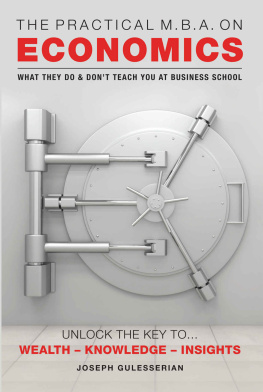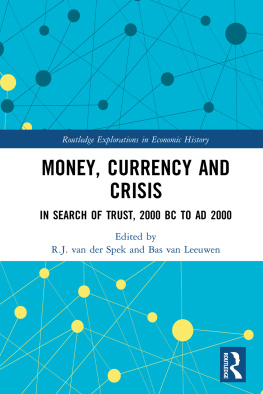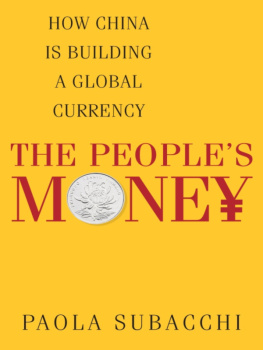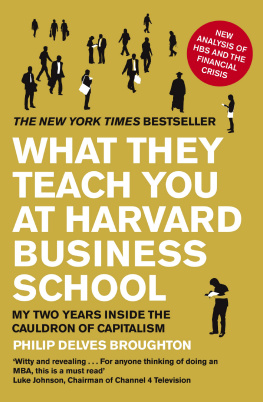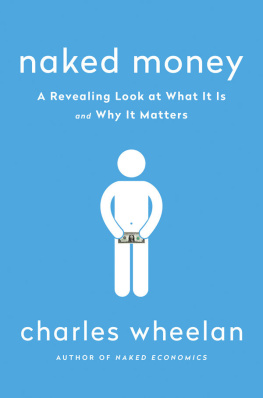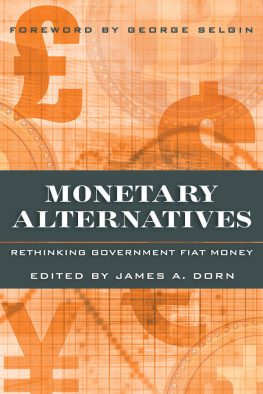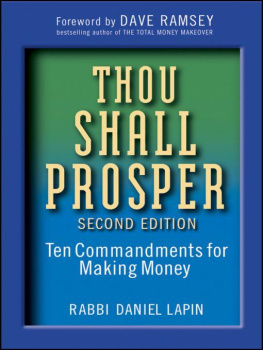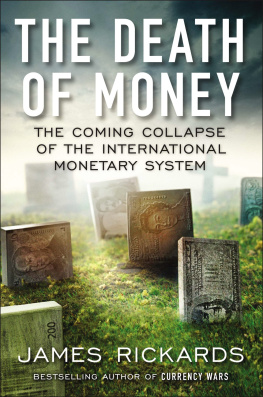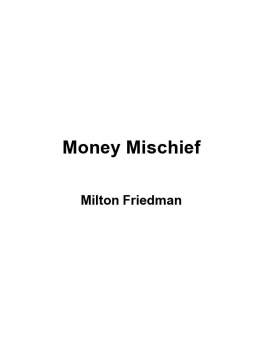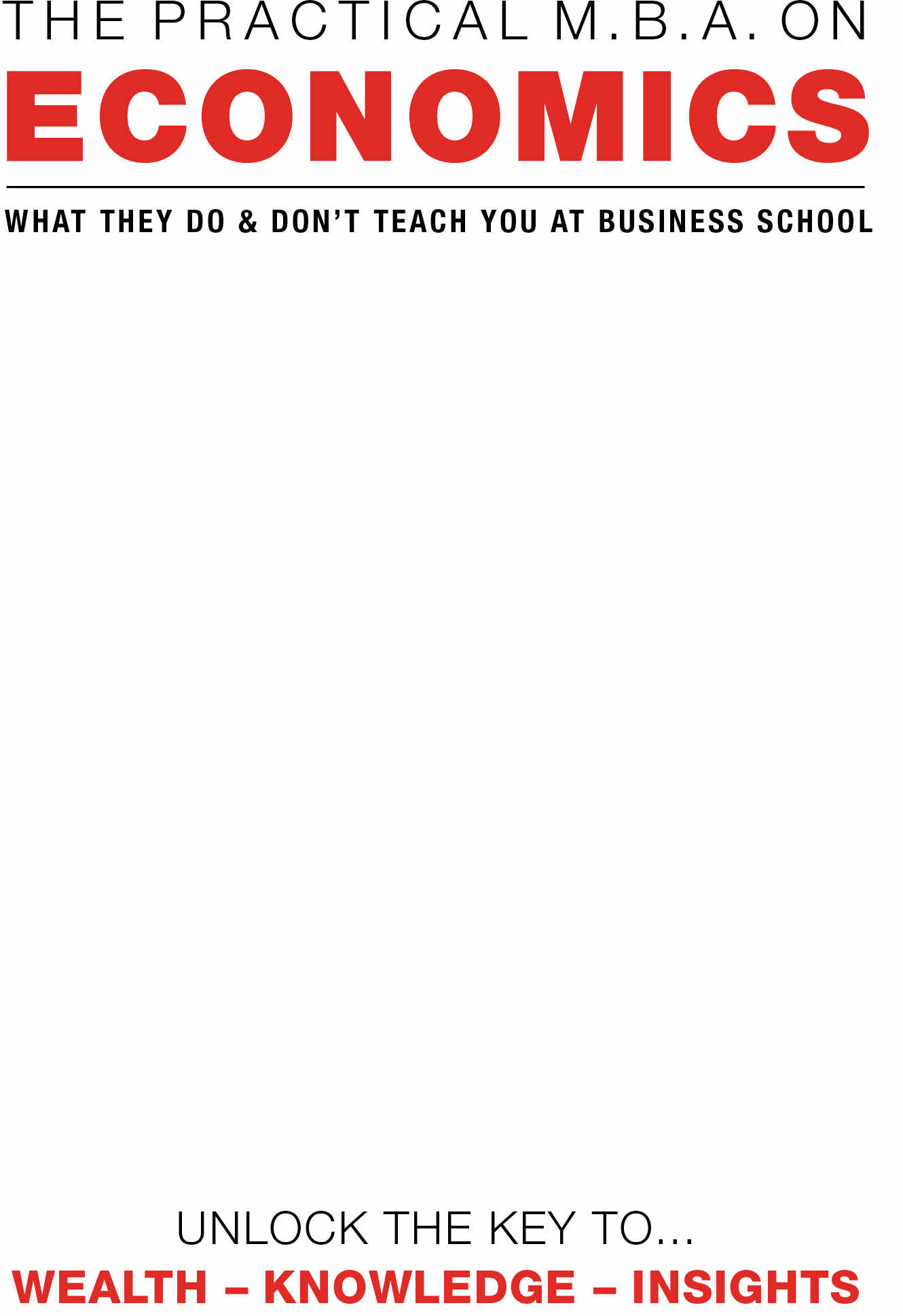
Copyright 2022 Joseph Gulesserian. All rights reserved.
No part of this book can be transmitted, reproduced, or stored in any form including print, electronic, photocopying, scanning, mechanical, or recording without prior written permission from the author, except as permitted by U.S. copyright law.
ISBN: 9798838463364
Published by Brands Fifth Avenue Inc.
Toronto - New York
Acknowledgements
Much goes on behind the scenes when putting together a work like this, it is gratifying, intellectually challenging and exhausting.
I want to thank my editor Bill Baker for his professional editing services, including the documentation of footnotes and invaluable feedback. My wife Nyree, who provided solace and a sanctuary for me to be able to create this economics book, and then worked diligently with feedback and rigorous final editing. I owe her much.
My studious and well-read friend John Piekos, for his encouragement and feedback on excerpts I sent him. Other notable mentions include my friends Phil Summerfield and Loyd Miller for their vibrant intellects.
My father, who has passed into time but left me much, my mother who is still my cheerleader and has forgiven me for the indiscretions of my youth.
And finally, the many mentors that saw in me what I did not, of which time has taken into its tragic hands, but I carry each day the treasure of the knowledge they left behind.
Contents
Prologue
In a world affected by rapid economic change and the fast-paced business environment it has created, written by an actual front-line participant, The Practical MBA on Economics presents readers with an alternative view of practical economics.
With decades of business experience, Gulesserian bridges the gap between real world economics and that of academia.
Initially, the book lists the types of competitive businesses, putting them in the context of money and income mechanisms. From this list, the author discusses a variety of symptoms, focusing in particular on the root causes of inflation, unemployment, economic recessions and their cures.
A detailed account of economic theory and history including, Adam Smith, Ricardo, Keynes, The Great Depression, Breton Woods and the economic crises and tumultuous events that have marked the last half century.
This all sets the scene for the final three chapters of the book. Here, together with several interesting slants and predictions, the author concludes by describing the pressing economic issues of our time.
With a no holds barred approach, the author then courageously tackles controversial issues, such as modern political thought and the world economic order. Thus, urging the reader to choose between the natural harmonics of Adam Smiths invisible hand or a planned economic dystopiaThe Four Seasons versus The Sorcerers Apprentice, Vivaldi or Dukas? I know who I would choose!
As a revision of standard economic history and theory, this book provides readers with an excellent foundation for the study of practical economics.
Introduction
Originally, I was going to create this MBA series for entrepreneurs, and the initial title was going to be The MBA for Entrepreneurs . It then occurred to me that I wanted to cast a wider net and include everyone who has a curiosity about commerce, and in particular, economics.
This book puts the dots together, gives not only a strong foundation, also delves into some advanced topics, insights and perspectives that will help ones career, right up to the C suite, while having a better understanding of how we got here, the world we live in and what might lie ahead.
During the writing of the book, I was torn as to what level I should introduce the academics of the topics and how I could integrate some of my personal experiences without crowding out the objectivity of ideas. I also wanted to reconcile with the breakneck speed at which recent developments and changes are occurring in an unprecedented world economy, where governments and universities cant keep up. People are always looking for answershow can I provide them in a meaningful way? How can I give readers insightful and useful knowledge in return for the time that they are sacrificing to study this book? How can readers feel more learned, solid, and equipped with intellectually captivating perspectives that they can use in their business, career, and personal lives for financial and intrinsic gain?
My hope is that the readers walk away with new insights, the practical use of new ideas, and a more dexterous and intuitive, and perhaps unorthodox view of our economies, that is not convoluted by the financial mainstream media who rarely get anything correct. I thought about my formal education and tried to reconcile it with my business background and realized that time and business experience had gifted me with an incredible learning curve that I wanted to share. As an entrepreneur, I spent 30 years at the edge of the diving board, with no safety net, looking at the horizon, and then down at sharks in the bottom of the pool waiting for their next meal. These are the two choices I have lived with all my life. Simply put, it is my goal to make the reader feel full, reconciling with the global economy around us, and the tempestuous yet exciting times we live in during the advent of the dawning of a new Industrial Revolution.
With this in mind, I went through many of my coveted MBA books on economics where I received a classical education from a Scottish university that was deep in academic rigour and immersed in the hands of Adam Smith. After rereading my economics books, many of the concepts were quite abstract, and for sure would lose the reader, but the foundations are timeless, and they just needed to be reconsidered in an understandable way against the backdrop of todays dynamic world economy of easy money and its social ramifications. But still, there were some gaps missing and I needed to find a way of putting the puzzle together.
In my classical education I learned about John Maynard Keynes, but not his life, I learned about Bretton Woods, but not why Nixon took the U.S. dollar off the gold standard. I learned about Adam Smith, but not Richard Cantillons 19 th century works on money supply and inflation. I learned about GATT, WTO, commercial diplomacy, and David Ricardos compelling case for free trade and comparative advantage, but not how we sold our inflation and imported unemployment from China. I was taught about production, but not why a nations loss of manufacturing diminishes inventiveness, which is a symptom of a declining power. I was schooled in monetary theory and money expansion, but not versed as to why, since the Romans, fiat money always returns to its intrinsic value, which is zero. When I was getting my MBA, the only cure for fiat money was still a gold backing, but that has now been taken away, as governments can no longer live within their means, and rely on money printing and taxation to addict and then oppress. When I went to school, the world had not yet created a hard digital currency like Bitcoin to separate state from money.
I was taught about recessions, but not the economic policies of FDR that deepened and prolonged the Great Depression. I was not schooled on the difference between CPI inflation and effective (real) inflation. I was schooled about interest rates and inflation, but not their tragic history. No one warned me that the Central Banks, which started out as relatively docile creatures in the early 20 th century, would eventually turn into an insatiable monster that would orchestrate economic distortions and become the politico that would create a further wealth divide. In my studies, I was not schooled on why we have never had a natural recovery from an economic downturn since 1921, when Harding was president. No one endowed me with the knowledge in my graduate degree as to why the United States, Canada, and Europe since 2008 are still in the Intensive Care Unit, dependent on easy money like a helpless child. But my brilliant economics professor Keith Lumsden, at a dinner party in Toronto in 2012, warned me about a pending tsunami that is not far off in the horizon. I was educated in expanding and contracting economies, but not schooled in the history of booms, busts, and manias.
Next page
